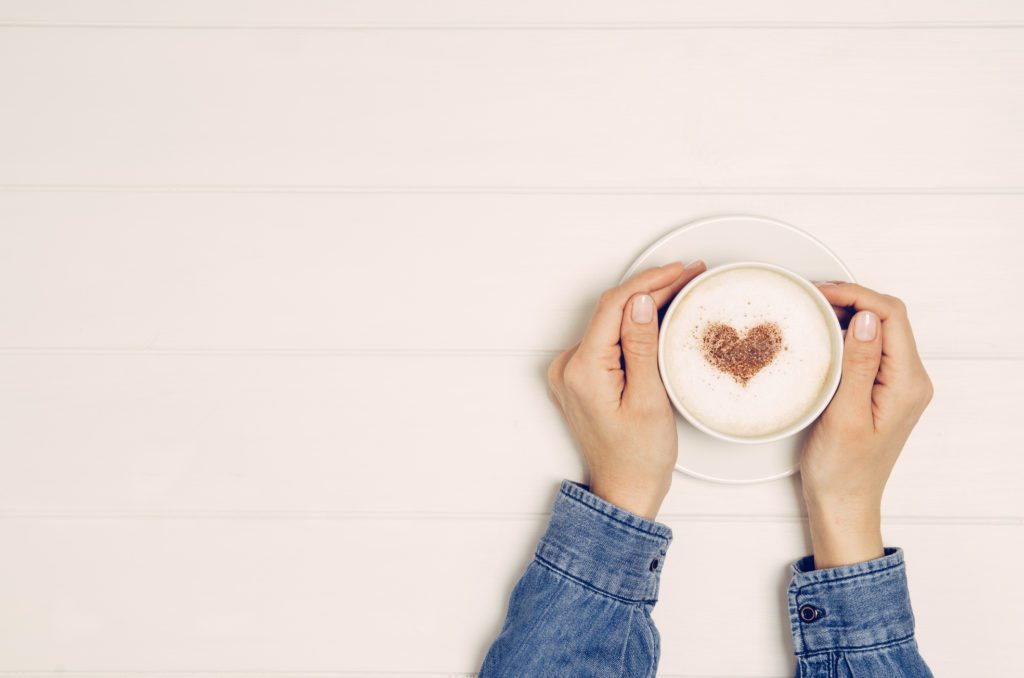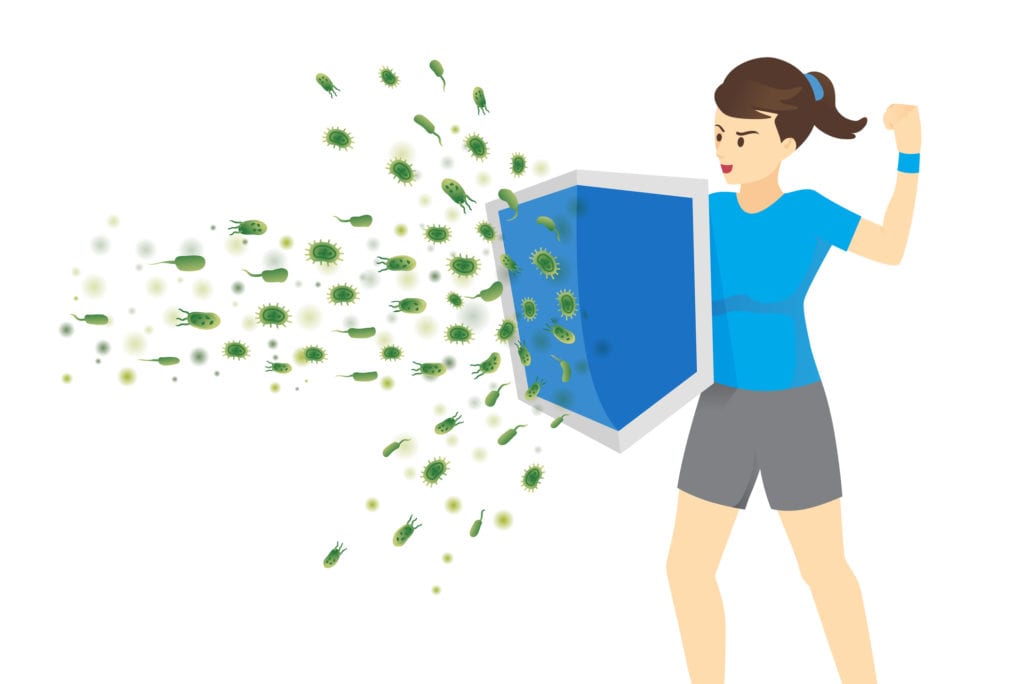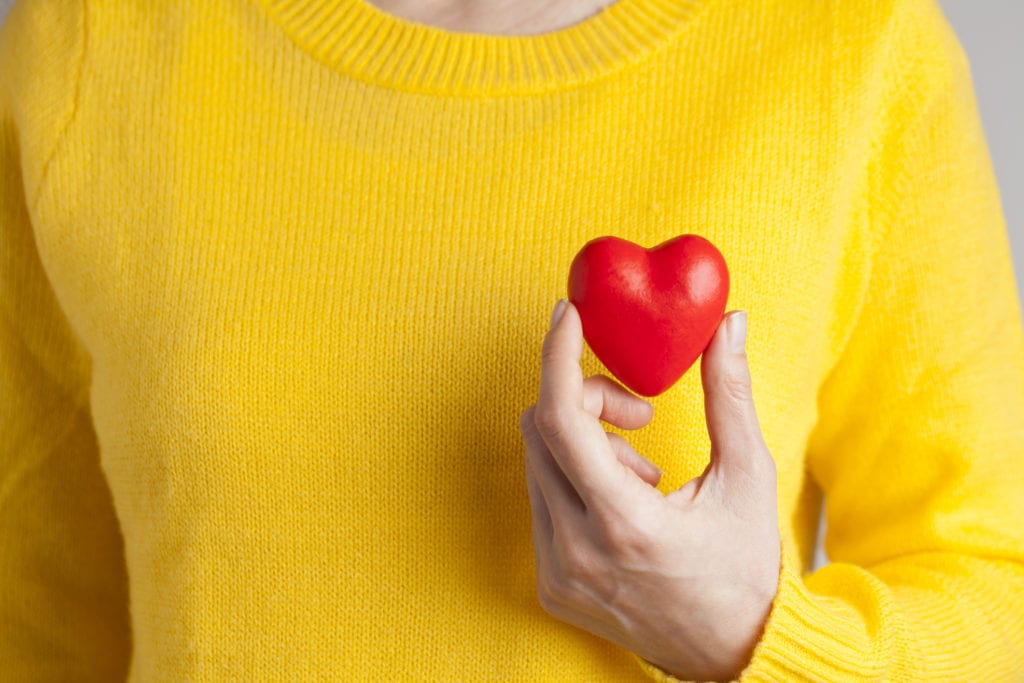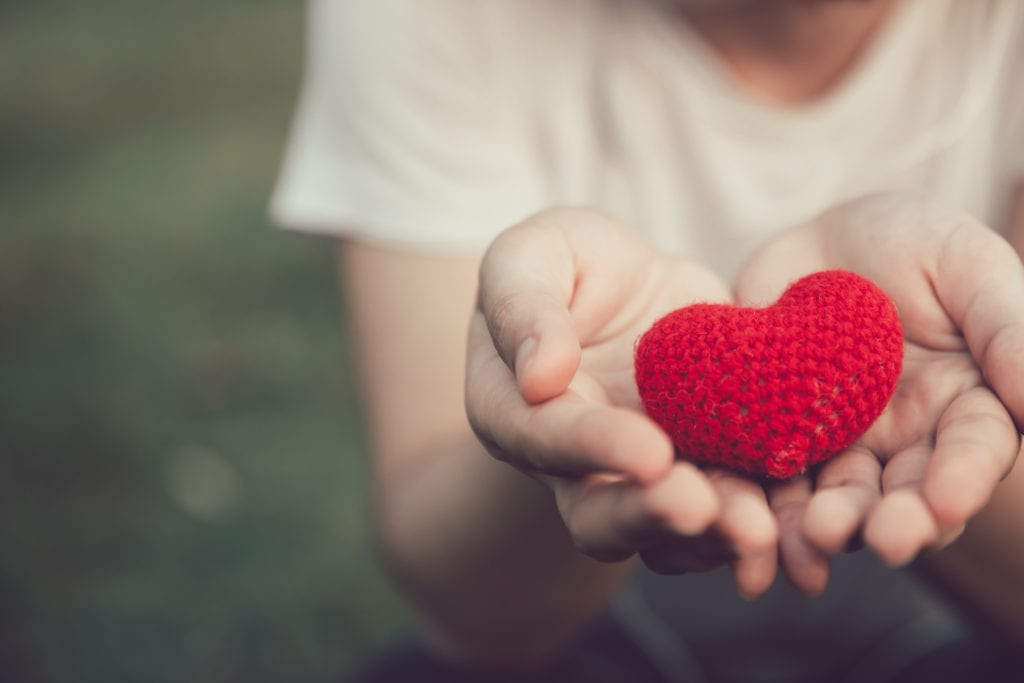immune system
The Mother Theresa Effect
I was sitting at the window of a coffee shop working on my laptop. I…
How Your Mind Can Impact Your Immune System
PCDR stands for Placebo Controlled Dose Reduction. It is where a drug is gradually replaced…
Three ways that kindness impacts the brain and body
In light of the coronavirus pandemic, I’ve found myself speaking and writing a lot more…
The most contagious thing is kindness
We’re all thinking of contagion right now due to the coronavirus. Let’s not forget that…




